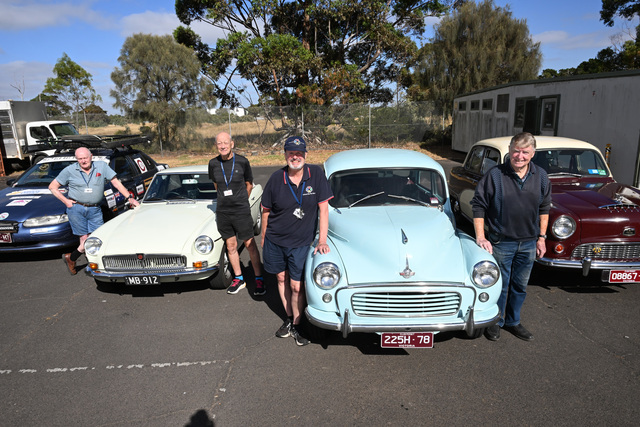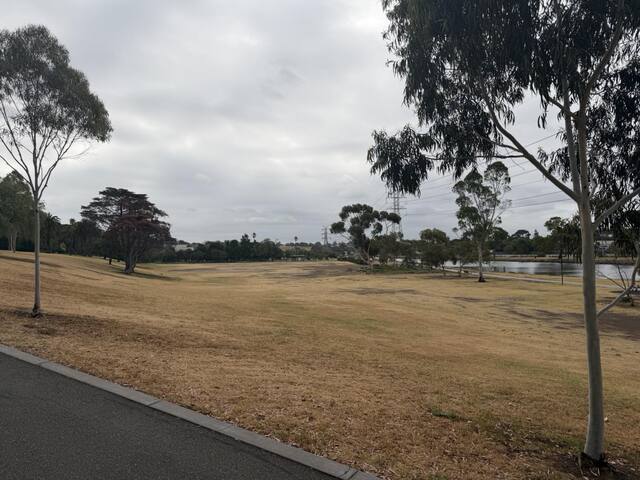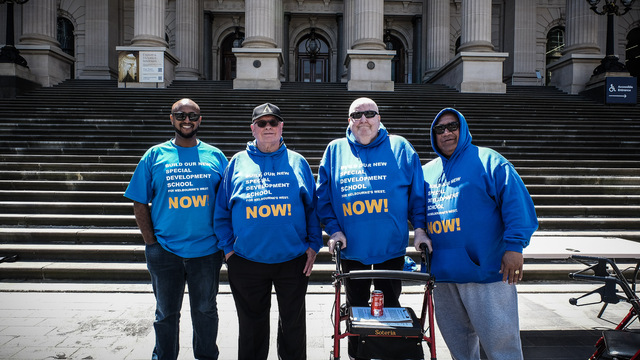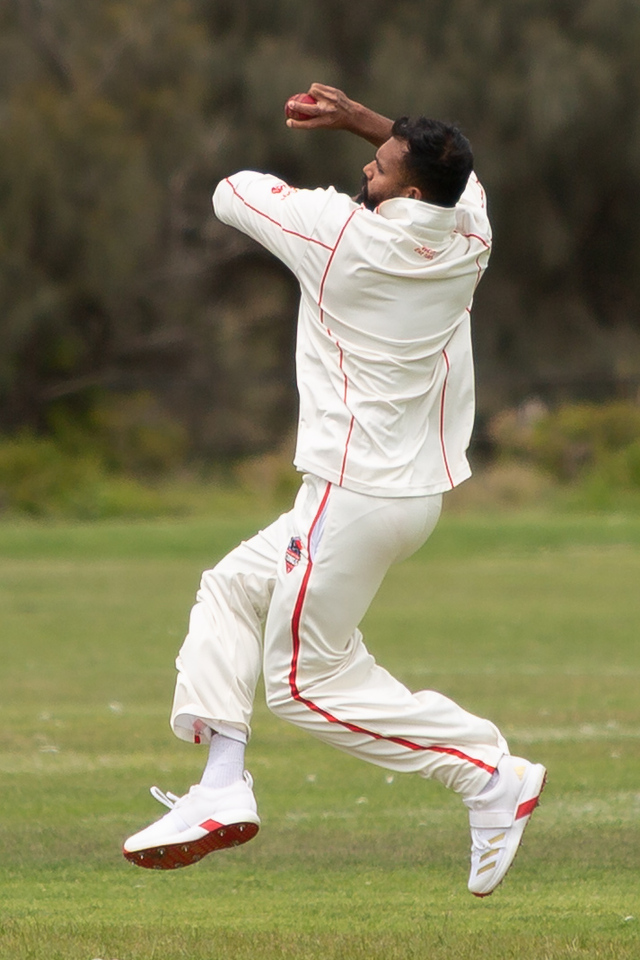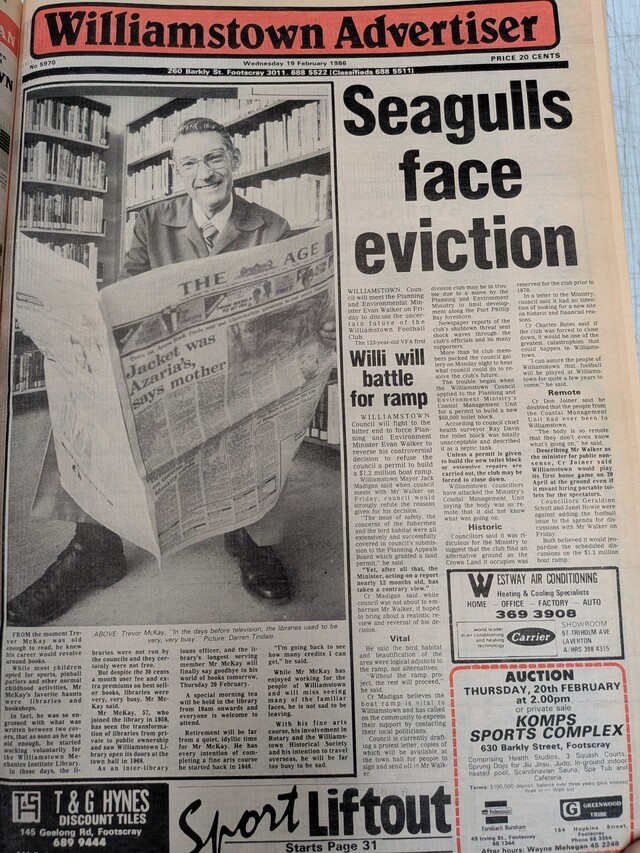AFL Victoria is set to trial equalisation measures at suburban football next season aimed at closing the gap between clubs with financial clout and those on shoestring budgets.
A working party was established to examine the escalating costs of player payments in local leagues and how they impact on clubs’ bottom lines and create uneven playing fields within competitions.
A combination of salary cap and points system has been mooted.
According to AFL Victoria general manager Steven Reaper, the working party understands any salary cap needs to be supported by other measures, such as a player points system or an alternative equalisation provision, to have the desired impact.
“It was made very clear at the corresponding conference at the end of last year that the industry had an appetite to tackle this issue,” he said.
“AFL Victoria, through this working party, has examined a range of possible solutions in order to develop a robust and flexible set of guidelines, which will seek to halt the escalating cost of player payments and bridge the gap between the ‘haves’ and ‘have nots’ at community level.”
The Western Region Football League had to take its own equalisation measures last season, introducing a third division to ensure clubs in the lower reaches of the competition were matched accordingly and not merely blown away by the financially stronger clubs.
In 2010, the issue made national headlines, when North Sunshine was obliterated by 401 points by Albanvale in one of the most lopsided games in history.
WRFL chief executive Bob Tregear is open to the idea of his league being part of the trial phase.
“Clubs are looking for a way of regulating player payments and minimising player payments,” he said. “It has become silly out there at the moment.”
WRFL clubs have thrown their support behind the idea.
Altona coach Josh Russo is adamant a player points system is required for any system to work. A player’s history would be taken into account when points are allocated to that individual and clubs would have to fit players into their points cap.
“It really gives clubs a conscious effort to focus on their juniors and under-18s as opposed to just going out on a whim and getting the best players from other leagues,” he said.
Russo liked the idea of clubs being able to get a marquee player outside the points cap.
Other sports competitions across Melbourne, including baseball and basketball, have successfully implemented similar rules.
Yarraville-Seddon took out the wooden spoon in division 1 last season, winning just one game.
Eagles coach Dean Callaway said it was important for AFL Victoria to find a way to create “unbiased leagues”.
“You can’t always have the best sides and the top sides getting all the best players,” he said.









